Drake and The Weeknd have worked together and made hits before, but there’s now an AI track featuring both their voices that the two artists never even participated in — and it’s being considered for two Grammy Awards.
“Heart On My Sleeve” is a track composed and arranged by Ghostwriter, who processed vocals via artificial intelligence to resemble the aforementioned singers, but without their actual touch. Despite its controversial presence in the music space, the song did well when it was released this spring and has continued making the rounds despite being taken down multiple times.
Speaking about the track’s eligibility for music’s highest accolade, Recording Academy CEO Harvey Mason Jr. told the New York Times: “It’s absolutely eligible because it was written by a human.”
A representative of Ghostwriter has confirmed that the song in question will be considered for Best Rap Song and Song of the Year — both of these reward writing and composing rather than performance.
Soon after “Heart on My Sleeve” went live earlier this year, Universal Music Group issued a statement on the use of artificial intelligence in music.
The song was posted to YouTube in mid-April. Soon after, it became available to stream on Apple, Tidal, Deezer and Spotify, the last of which reportedly racked up over 630,000 listens.
Universal, where both the 6 God and XO leader are currently signed, has since taken the track off all the aforementioned platforms, and in a lengthy statement (via Music Week) commented on the rise of “deep fakes” and asked which “side of history” its stakeholders wanted to be on.
“UMG’s success has been, in part, due to embracing new technology and putting it to work for our artists — as we have been doing with our own innovation around AI for some time already,” the statement began.
“With that said, however, the training of generative AI using our artists’ music (which represents both a breach of our agreements and a violation of copyright law) as well as the availability of infringing content created with generative AI on DSPs, begs the question as to which side of history all stakeholders in the music ecosystem want to be on: the side of artists, fans and human creative expression, or on the side of deep fakes, fraud and denying artists their due compensation.”
The statement added: “These instances demonstrate why platforms have a fundamental legal and ethical responsibility to prevent the use of their services in ways that harm artists. We’re encouraged by the engagement of our platform partners on these issues–as they recognize they need to be part of the solution.”
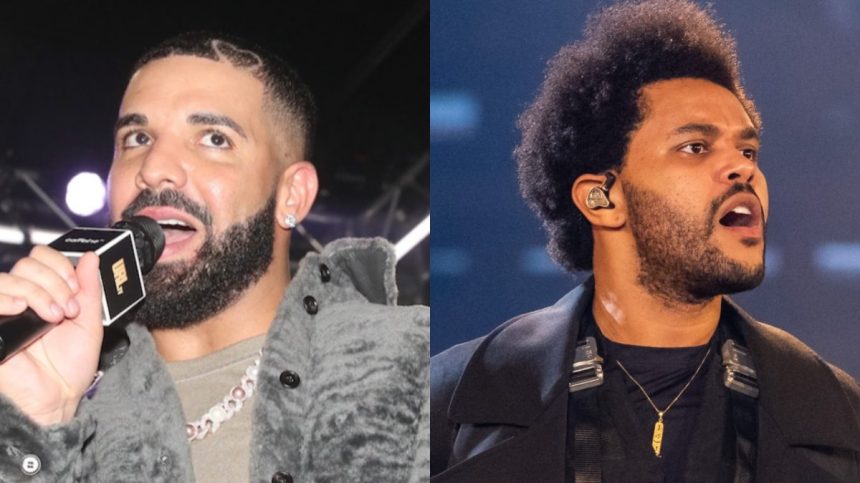

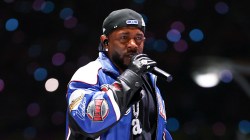
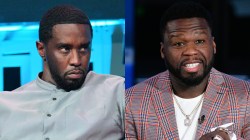
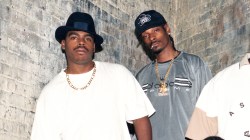
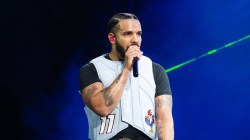
![50 Cent Shares Unseen Diddy Footage From Netflix Documentary: "[It] Shows You His Character"](https://hiphopdx.com/wp-content/uploads/2025/12/50-cent-diddy-documentary-trailer-unseen-footage.jpg?w=250)
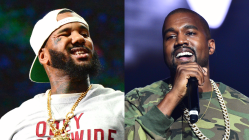
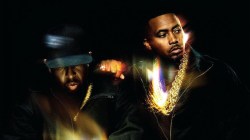
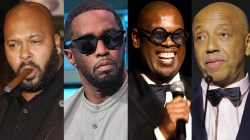
And with that, humanity is doomed
Same thing was said when both Obama and Trump were elected
It’s a saying. It’s not meant to be taken literally lol